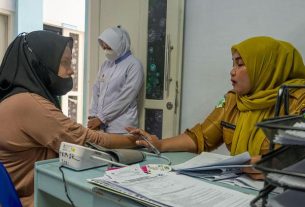May 17, 2025 — Europe is set for a politically charged Sunday as three nations—Romania, Portugal, and Poland—head to the polls for high-stakes elections that could reshape leadership and influence policy direction within the European Union.
Romania: Second Round of Rerun Presidential Election
Romanian voters will return to the ballot box for the second round of a rerun presidential election after the initial contest was annulled earlier this year due to procedural irregularities. The rerun pits the top two contenders—incumbent President Klaus Iohannis and challenger Dacian Cioloș—against each other in a closely watched rematch.
Both candidates have pledged to strengthen rule of law and tackle corruption, key issues in Romanian politics. The outcome could have significant implications for judicial reforms and Romania’s relationship with EU institutions.
Portugal: Parliamentary Elections Amid Political Turbulence
In Portugal, citizens will vote in parliamentary elections triggered by the collapse of the previous government following a series of corruption allegations. The Socialist Party, led by Prime Minister António Costa, faces a tough challenge from the center-right Social Democratic Party (PSD), which has been gaining momentum in recent weeks.
The vote is seen as a referendum on Costa’s handling of economic policy and public sector reforms. A fragmented outcome could force coalition negotiations, with smaller parties like the Left Bloc and Chega potentially playing kingmaker roles.
Poland: Presidential Election Seen as a Crossroads Moment
Meanwhile, Poland is holding a critical presidential election, with incumbent Andrzej Duda seeking a second term amid widespread debates over judicial independence, media freedom, and EU relations. The main opposition candidate, Rafał Trzaskowski of the Civic Platform party, has promised to restore democratic norms and reduce tensions with Brussels.
The presidential race is expected to be tightly contested, and the result could either reinforce the current nationalist government’s agenda or shift the country back toward a more centrist and pro-European stance.
Continental Implications
Sunday’s triple election day comes at a time of heightened geopolitical uncertainty in Europe, with energy policy, defense spending, and migration all high on the agenda. The outcomes in Romania, Portugal, and Poland could influence not just national trajectories, but also the broader direction of EU policymaking.
With voter turnout and political engagement expected to be high across the board, Sunday may mark a decisive moment in shaping Europe’s political future.



